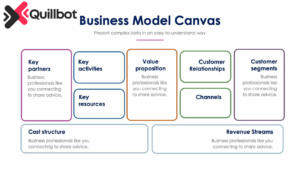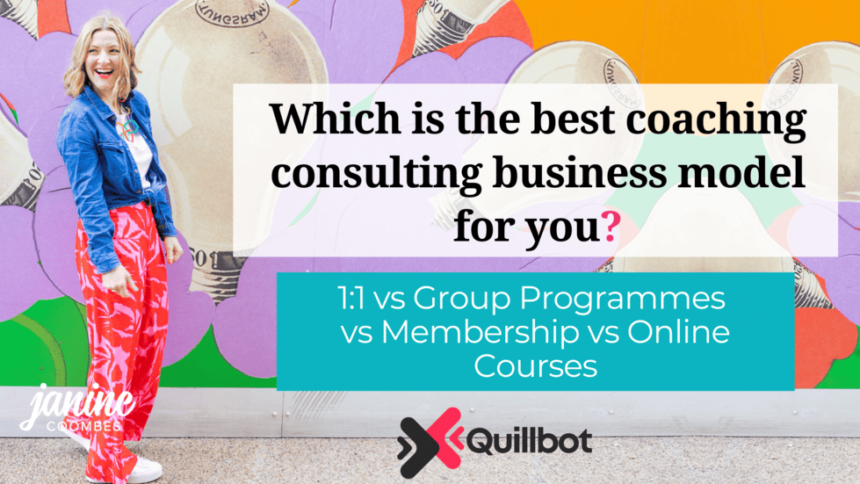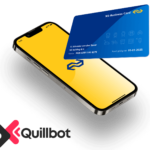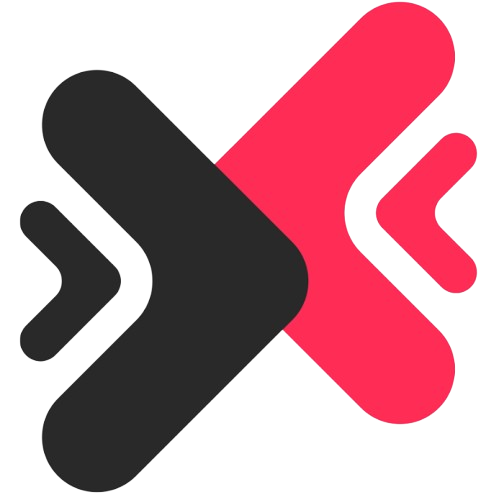Introduction: What is Business Model You?
In today’s world, building a career or business is not just about having a job or a product; it’s about creating value and a personal roadmap for success. One innovative way to approach this is through the concept of “Business Model You.” This concept allows you to design your personal business model, based on your strengths, passions, and goals. Whether you’re an entrepreneur, freelancer, or someone looking to enhance their career, the “business model you” framework can help you create a strategic, sustainable path to success.
What Does “Business Model You” Mean?
“Business Model You” is a simple yet powerful framework that helps you define and visualize your career and life goals in a way that is both strategic and effective. Just as companies have business models to create value, you too can develop a personal business model to help guide your career and life decisions.
It is based on the idea that individuals can use the same principles businesses use to analyze their market, customers, and resources. By doing this, you create a clear, actionable plan for success. The “Business Model You” method involves breaking down your personal life into nine key components:
1: Customer Segments
2: Value Proposition
3: Channels
4: Customer Relationships
5: Revenue Streams
6: Key Resources
7: Key Activities
8: Key Partnerships
9: Cost Structure
By understanding these components, you can structure your career or personal business more efficiently and with a clearer sense of purpose.
Why is “Business Model You” Important?
The “Business Model You” approach is incredibly useful for a number of reasons:
- Clarity: It helps you identify what truly matters to you, both professionally and personally.
- Flexibility: It’s adaptable to different types of careers and industries.
- Vision: It allows you to build a clear vision for the future, providing you with actionable steps.
- Success: By following this model, you can increase your chances of achieving your goals.
Ultimately, “Business Model You” is important because it gives you the tools to create a career or business that is more than just a job—it turns it into a well-planned, strategic journey.
How to Build Your Personal Business Model You
Building your own “business model you” requires a combination of self-awareness, planning, and strategic thinking. Below, we will walk through each of the nine components that make up this framework, helping you design your personal business model.
1. Customer Segments: Identifying Your Target Audience
In business, a company identifies its target audience to deliver the right products and services. Similarly, in the “business model you,” you need to identify your target audience—this is the group of people you aim to serve or cater to. It could be employers, clients, colleagues, or anyone you aim to connect with to achieve your goals.
To define your customer segments:
- Identify the people who benefit most from your skills.
- Define the types of businesses, industries, or people that can benefit from your expertise.
2. Value Proposition: What Value Do You Offer?
The value proposition describes the unique value you offer to your target audience. In the context of “business model you,” think about the unique qualities that set you apart. What makes you valuable to others? Whether it’s your skills, your creativity, your experience, or your problem-solving abilities, you need to define what you bring to the table.
Your value proposition answers questions like:
- Why should people hire or collaborate with you?
- What are you known for?
3. Channels: How Will You Deliver Your Value?
Once you’ve defined your value proposition, you need to think about how you will deliver it to your target audience. This is where channels come in. For personal business models, your channels might include:
- Networking
- Social media
- Conferences
- Personal website or portfolio
Choosing the right channels will help you reach the right people in the most effective way.
4. Customer Relationships: How Will You Build and Maintain Relationships?
Maintaining strong relationships with your audience is crucial for long-term success. In the “business model you,” this component refers to how you build trust, loyalty, and communication with your network.
Consider:
- How often will you engage with your clients or colleagues?
- What are the best ways to communicate with your audience?
Your customer relationship strategies should align with the way you deliver value and create connections.
5. Revenue Streams: How Will You Make Money?
In the business world, a company needs a revenue model to sustain itself. For “business model you,” revenue streams refer to how you plan to make money or generate value. This could be through:
- Freelancing or consulting
- Product sales
- Employment (salary or commission-based)
Understanding your revenue streams is essential to make sure your personal business model is financially sustainable.
6. Key Resources: What Do You Need to Succeed?
Key resources refer to the assets you need to run your business model effectively. These resources can include:
- Your skills and expertise
- Time
- Financial resources
- Technology or equipment
- Education and certifications
By identifying your key resources, you ensure that you have everything needed to succeed.
7. Key Activities: What Are the Main Things You Need to Do?
Key activities are the tasks and processes you must perform to deliver your value proposition. These might include:
- Skill development
- Marketing
- Networking
- Service delivery
- Project management
Identify the activities that are essential for your business model’s success and make sure you’re focusing your time and effort on these activities.
8. Key Partnerships: Who Can Help You Achieve Your Goals?
Key partnerships refer to people, organizations, or entities that help you achieve your goals. This could be mentors, collaborators, business partners, or even platforms that enable you to reach a wider audience.
By identifying key partnerships, you can leverage others’ strengths to support your own growth.
9. Cost Structure: What Are the Costs Involved?
Every business model involves some costs. For “business model you,” consider the costs associated with your career or personal business. These might include:
- Marketing costs
- Training and education
- Technology and tools
- Business expenses (e.g., travel, memberships)
Understanding your cost structure helps you plan effectively for financial sustainability.

FAQs About Business Model You
Q1: Can I use the “Business Model You” framework for my personal career?
Yes, absolutely! The “Business Model You” framework is designed to help individuals, whether you are an employee, freelancer, or entrepreneur, to create a strategic plan for your personal career.
Q2: How does “Business Model You” differ from a traditional business model?
While a traditional business model focuses on a company’s operations and market success, “Business Model You” is personalized for an individual. It focuses on your strengths, your goals, and how you can create value for others in your career or business.
Q3: Do I need a mentor to create my personal business model?
While a mentor can be helpful in guiding you through the process, it’s not necessary. The “Business Model You” framework is designed to be self-reflective and easy to use independently.
Q4: How often should I update my “Business Model You”?
It’s a good idea to revisit and update your personal business model periodically, especially when you face major life or career changes. As you grow, your needs and goals will evolve.
Conclusion
The “Business Model You” framework is a powerful tool for anyone looking to enhance their career or build a successful personal business. By breaking down your career into clear, actionable components, you gain insight into what matters most and how to achieve your goals. Start using the “Business Model You” framework today, and take charge of your professional life.









